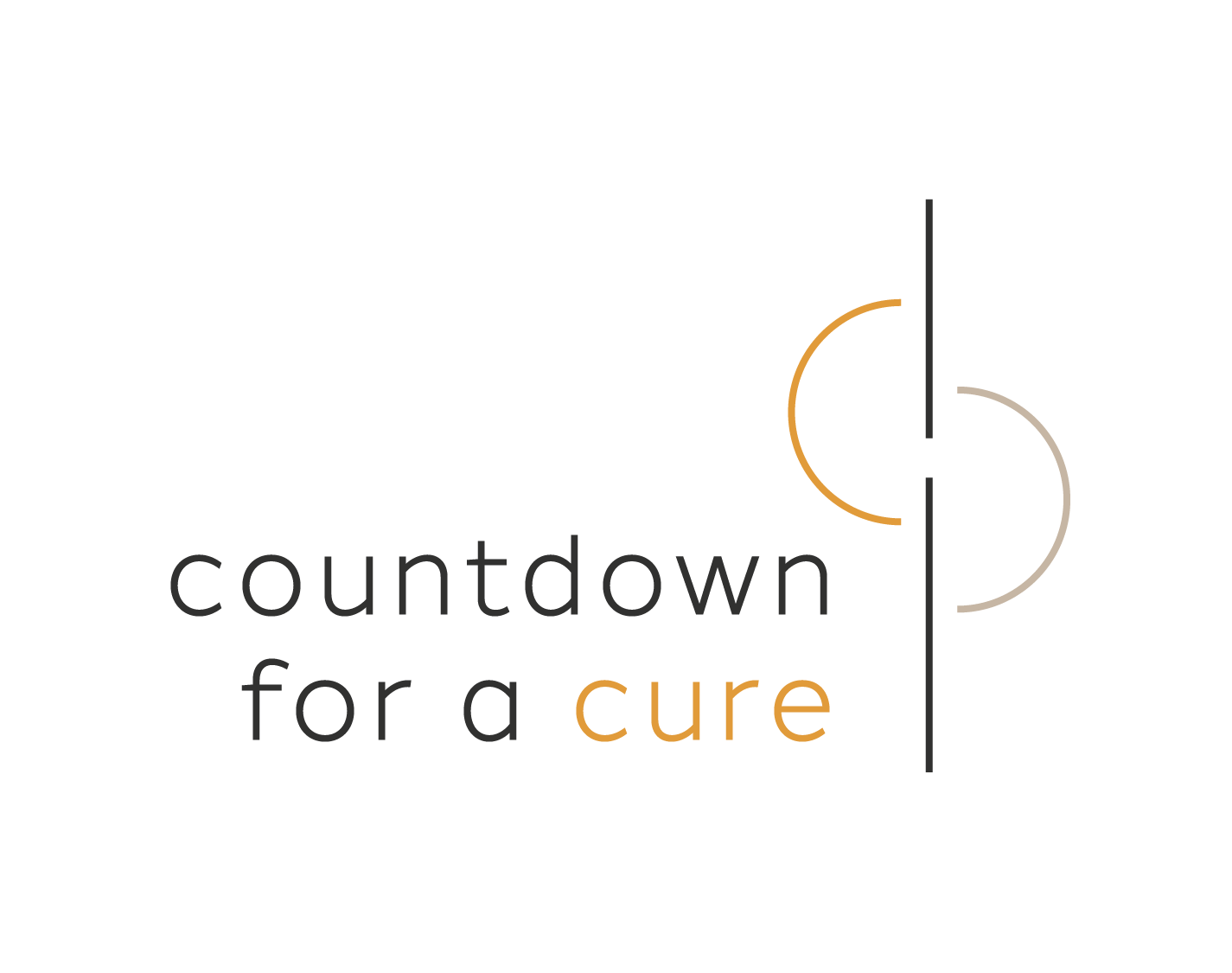#Mitochondria Matter
Facts to know
How Mitochondrial Dysfunction Affects the Body
The parts of your body that need the most energy – heart, brain, muscles – are most affected by mitochondrial disease and dysfunction. An affected individual may exhibit a spectrum of symptoms. Mitochondrial dysfunction and diseases linked to it can appear at any age, from infancy to adulthood. There is a broad spectrum of metabolic, inherited, and acquired disorders in adults that can be attributed to abnormal mitochondrial function.

Brain
Developmental delays, dementia, migraines, autistic features, seizures, stroke, atypical cerebral palsy, learning disabilities.

Muscles
Weakness/failure, cramping, reflux, vomiting, constipation, diarrhea, hypotonia, dysmotility.

Nerves
Fainting, zero reflexes, heat/cold intolerance, pain.

Pancreas
Diabetes, pancreatic failure, parathyroid failure.

Kidneys
Renal tube failure.

Heart
Defects, blockage, cardiomyopathy.

Liver
Low blood sugar, liver failure.

Ears
Hearing loss.

Eyes
Vision loss, ptosis, optic atrophy, strabismus, ophthalmoplegia, retinitis pigmentosa.

Systemic
Failure to gain weight, fatigue, short stature, unexplained vomiting, respiratory problems.
